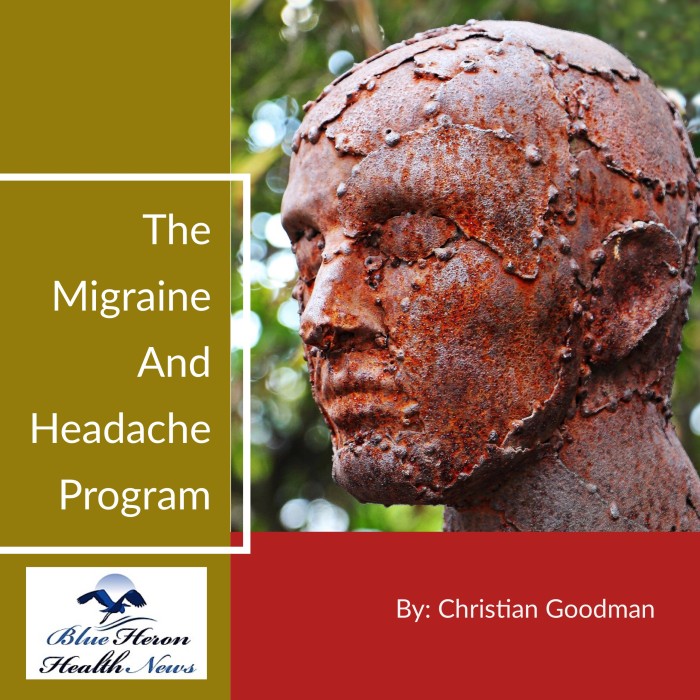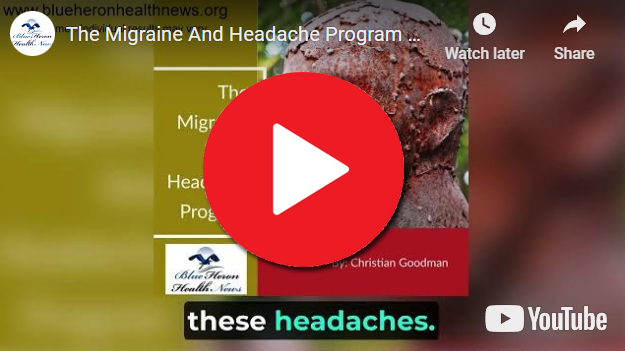
The Migraine And Headache Program By Christian Goodman This program has been designed to relieve the pain in your head due to any reason including migraines efficiently and effectively. The problem of migraine and headaches is really horrible as it compels you to sit in a quiet and dark room to get quick relief. In this program more options to relieve this pain have been discussed to help people like you.
How does caffeine affect migraines?
Caffeine’s effects on migraines are complex and can vary significantly from person to person. It can act as both a trigger and a treatment for migraines, depending on factors such as individual sensitivity, dosage, and frequency of consumption. Here’s a detailed exploration of how caffeine affects migraines:
1. Caffeine as a Treatment for Migraines
Acute Pain Relief:
- Caffeine is a common ingredient in many over-the-counter and prescription headache medications. It can enhance the effectiveness of pain relievers like aspirin, acetaminophen, and ibuprofen, helping to alleviate headache symptoms more quickly and effectively.
- Caffeine’s vasoconstrictive properties can help reduce the dilation of blood vessels in the brain, which is believed to contribute to migraine pain. By narrowing these blood vessels, caffeine can potentially alleviate the headache.
Caffeine in Migraine Medications:
- Medications like Excedrin contain caffeine, combined with other pain relievers, to treat acute migraine attacks. The caffeine not only helps to reduce pain but can also increase the absorption and efficacy of the accompanying medications.
Enhancement of Medication Absorption:
- Caffeine may help the body absorb medications more rapidly, making the pain relief more efficient. This can be particularly useful in acute migraine treatment, where rapid relief is often desired.
2. Caffeine as a Migraine Trigger
Caffeine Withdrawal:
- Regular caffeine consumption can lead to dependence. When someone accustomed to consuming caffeine regularly suddenly reduces their intake or stops altogether, they may experience withdrawal symptoms, including headaches. These “caffeine withdrawal headaches” can trigger or exacerbate migraines in some individuals.
- Withdrawal symptoms can include fatigue, irritability, and difficulty concentrating, which can further compound the discomfort of a migraine.
Sensitivity to Caffeine:
- Some people are particularly sensitive to caffeine and may experience migraines as a direct result of consuming caffeinated beverages or foods. Even small amounts of caffeine can trigger a headache in these individuals.
Impact on Sleep:
- Caffeine is a stimulant that can interfere with sleep, especially if consumed later in the day. Poor sleep or sleep disturbances are well-known triggers for migraines. Therefore, caffeine’s impact on sleep can indirectly increase the likelihood of migraine episodes.
3. Individual Variation and Tolerance
Threshold Effect:
- The effect of caffeine on migraines can vary widely between individuals. Some people may find that a small amount of caffeine can help alleviate a migraine, while others may find that even minimal amounts can trigger an attack.
- Individual tolerance levels also play a significant role. Regular users of caffeine may develop a tolerance to its effects, requiring more to achieve the same therapeutic effect or to prevent withdrawal symptoms.
Dietary Sources and Hidden Caffeine:
- Caffeine is present in many common foods and beverages, including coffee, tea, chocolate, and energy drinks. It is also found in some medications and dietary supplements. Being aware of all potential sources of caffeine is crucial for those who are sensitive to it or prone to migraines.
4. Clinical Guidance and Recommendations
Moderation and Monitoring:
- Healthcare providers often advise patients with migraines to monitor their caffeine intake carefully. Keeping a headache diary can help identify any patterns between caffeine consumption and migraine episodes.
- For some individuals, moderate caffeine consumption may be safe and even beneficial, while others may need to limit or avoid it altogether.
Gradual Reduction:
- For those who consume caffeine regularly and wish to reduce their intake to prevent migraines, a gradual reduction is recommended to minimize withdrawal symptoms.
Consultation with Healthcare Providers:
- Because the relationship between caffeine and migraines can be complex and highly individual, it’s important for patients to consult with healthcare providers to develop a personalized plan. This plan may include guidelines on safe caffeine consumption, the use of caffeine-containing medications, and strategies for managing withdrawal.
Conclusion
Caffeine can both relieve and trigger migraines, depending on the individual’s sensitivity, consumption patterns, and overall health. It is a valuable component of some migraine treatments but also a potential trigger for some people. Understanding personal tolerance and carefully monitoring intake can help manage migraines effectively. If caffeine is suspected to play a role in triggering migraines, it’s advisable to consult with a healthcare provider to determine an appropriate and individualized approach to caffeine consumption.

The Migraine And Headache Program By Christian Goodman This program has been designed to relieve the pain in your head due to any reason including migraines efficiently and effectively. The problem of migraine and headaches is really horrible as it compels you to sit in a quiet and dark room to get quick relief. In this program more options to relieve this pain have been discussed to help people like you.